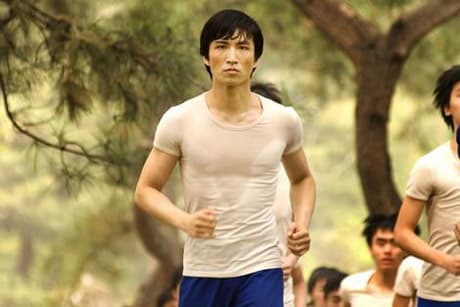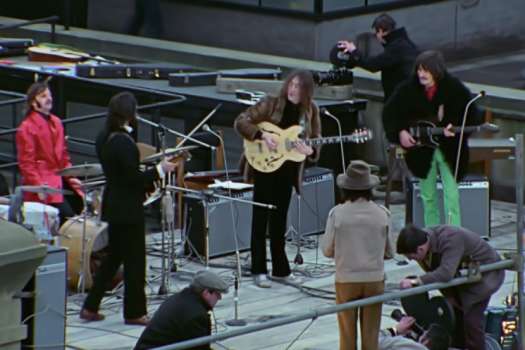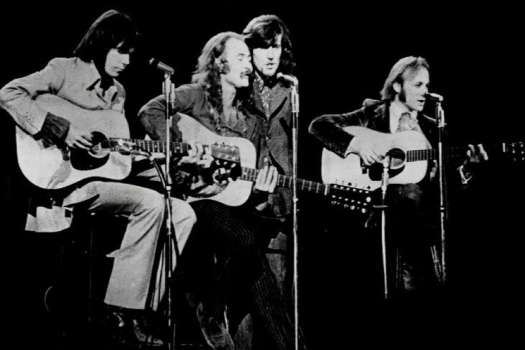Often, when the momentum of a film lies in an inevitable conflict, or the general plot requires sufficient back-story to unfold without confusion, introductory sequences can be clumsy, expositional, broad and un-involving. The objective is to imbue the audience with the necessary information without bloating the overall narrative or cutting into time more valuably spent on key dramatic moments and character development.
While watching Mao's Last Dancer, I spent a lot of time wondering when these passionless moments of rote plot mechanics would end to reveal the fulcrum or emotional centre of the story. Around the hour-and-a-half mark, I gave up. Unfortunately, this film is little more than an un-involving biopic more preoccupied in glibly categorizing communism and capitalism than telling an actual story. There are, however, some super-neat sequences of dancing, which is something, I guess.
Based on Cunxin Li's autobiography, this Australian poke at totalitarian Mao follows Li (played by Chi Cao, in the film) from childhood, taken away from his family to be a dancer, up until a 1979 cultural exchange in America where he danced with the Houston Ballet and fell in love with an American girl named Elizabeth (Amanda Schull).
Focusing more on the fish-out-of-water shenanigans of a poor Chinese visitor suddenly thrust into consumer decadence, Beresford offers the standard acclimation jokes while Bruce Greenwood swishes around the periphery, doing a convincing job of effete artistic director. While there are a number of expertly choreographed, galvanizing ballets performed within, the actual progression of the film plunders forward with a shallow, unconvincing love story that's only exacerbated by how distancing and bland the climactic political conflict is.
Where Li's eventual controversial and ultimately self-serving decisions have enough psychological heft to propel a narrative, their handling within leaves little to be desired. Rather than exploring his internal motivations or the sincerity of his romance with Elizabeth, Mao's Last Dancer literally skips everything sticky to toss out some tedious hokum about freedom, trying desperately to make flawed people look altruistic.
(Mongrel Media)While watching Mao's Last Dancer, I spent a lot of time wondering when these passionless moments of rote plot mechanics would end to reveal the fulcrum or emotional centre of the story. Around the hour-and-a-half mark, I gave up. Unfortunately, this film is little more than an un-involving biopic more preoccupied in glibly categorizing communism and capitalism than telling an actual story. There are, however, some super-neat sequences of dancing, which is something, I guess.
Based on Cunxin Li's autobiography, this Australian poke at totalitarian Mao follows Li (played by Chi Cao, in the film) from childhood, taken away from his family to be a dancer, up until a 1979 cultural exchange in America where he danced with the Houston Ballet and fell in love with an American girl named Elizabeth (Amanda Schull).
Focusing more on the fish-out-of-water shenanigans of a poor Chinese visitor suddenly thrust into consumer decadence, Beresford offers the standard acclimation jokes while Bruce Greenwood swishes around the periphery, doing a convincing job of effete artistic director. While there are a number of expertly choreographed, galvanizing ballets performed within, the actual progression of the film plunders forward with a shallow, unconvincing love story that's only exacerbated by how distancing and bland the climactic political conflict is.
Where Li's eventual controversial and ultimately self-serving decisions have enough psychological heft to propel a narrative, their handling within leaves little to be desired. Rather than exploring his internal motivations or the sincerity of his romance with Elizabeth, Mao's Last Dancer literally skips everything sticky to toss out some tedious hokum about freedom, trying desperately to make flawed people look altruistic.




